Oct 28, 2025 10:47 AM
In Memoriam: Jack DeJohnette, 1942–2025
Jack DeJohnette, a bold and resourceful drummer and NEA Jazz Master who forged a unique vocabulary on the kit over his…
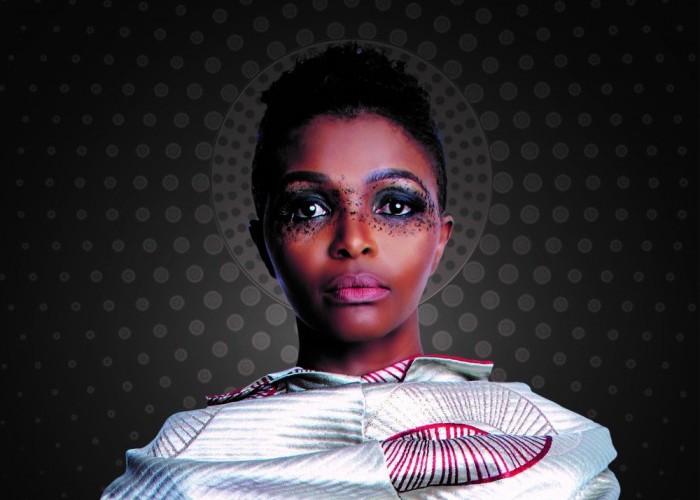
One of singer Simphiwe Dana’s early performances was at the Cape Town International Jazz Festival 14 years ago.
(Photo: Courtesy Cape Town International Jazz Festival)Although apartheid was abolished in 1994, the vestiges of this systemic oppression still remain prevalent and intact. South African vocalists today, like Thandiswa Mazwai and Simphiwe Dana, continue to draw inspiration from protest music of the past as a means to speak out against growing injustices throughout Africa.
Dana, 38, is just one of many performers slated to appear at this year’s Cape Town International Jazz Festival, which runs March 23-24 at the Cape Town International Convention Centre. A champion of human rights issues, the singer will perform with an all-female band for the very first time. Already being called the next Miriam Makeba, Dana takes cues from giants like Makeba and “Bra Hugh,” the great Hugh Masekela, who died at 78 in January after succumbing to cancer.
“He was one of big arts exports in South Africa, if not the biggest,” said Dana during a recent Skype interview.
“Hugh carried the South African flag all over the world,” she said. “Because of his efforts and activism, there’s a lot of people who [gained] a close connection to South Africa. He was a great ambassador for our country and he did us proud. We all hope to walk in his footsteps.”
The following has been edited for length and clarity.
Can you explain how you got your start in music?
One of my very first shows was at the Cape Town jazz fest. I was put onto a small stage, but with the high demand for my work, I got moved to a bigger stage. That was one of the [things] that really helped my career in music. I was 24.
What are some of the influences you draw from to help shape your sound?
I grew up in the church and that’s where I learned to sing. As I got older, I got into jazz. I was finally home whenever I listened to four-part harmonies, which is the earliest beginnings of jazz music in South Africa.
There have been a lot of comparisons drawn between you and other women of South African music, including Makeba and Dorothy Masuka. What’s it been like to hear that at this stage of your career?
I feel honored and humbled by the comparison. I’ll also say that these are very big shoes to try and fill. Even though I may be compared to these great [women] I look up to, I am my own person and I have my own journey. While I am inspired by the comparison to them, I have to stay true to my own journey.
The music world lost one of its giants earlier this year, with Masekela’s passing. Did you often have the chance to collaborate or perform with him?
I was supposed to do an album with Hugh Masekela, but he passed on before we could do that. I’ve had one or two [opportunities] to perform with him—so, I wouldn’t say that there were many. Hugh and I had more of a father/daughter kind of relationship, not a friendship, per se. He would speak and I would listen and obey. And I wish I had more time with him to learn [from him], but I guess God had other plans.
One of the things that frustrates me is how success for world music almost always equates to “crossing over” here in the U.S. How do you view “success” for your career?
For me, success is knowing that my voice is important and relevant to arts and culture. I may have made blunders here and there, but my music has become part of the very fiber of South Africa. I can see my music lasting even after I’m gone. I’ve [developed] a sound—-a genre—that one day, maybe even music analysts will have to look at that and decide [about my success]. I’ve thought about a new way of understanding music that was not there before I came onto the scene. And for me, that’s success. DB
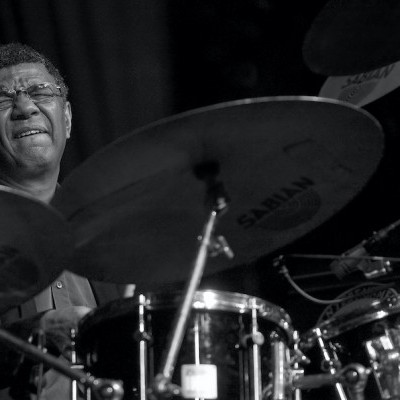
Jack DeJohnette boasted a musical resume that was as long as it was fearsome.
Oct 28, 2025 10:47 AM
Jack DeJohnette, a bold and resourceful drummer and NEA Jazz Master who forged a unique vocabulary on the kit over his…
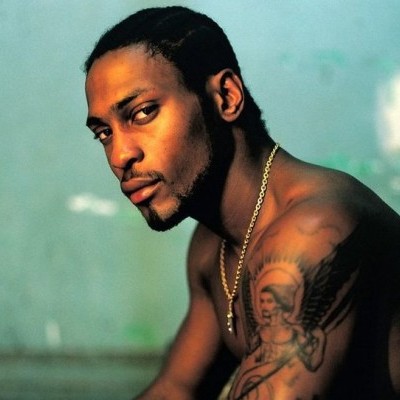
D’Angelo achieved commercial and critical success experimenting with a fusion of jazz, funk, soul, R&B and hip-hop.
Oct 14, 2025 1:47 PM
D’Angelo, a Grammy-winning R&B and neo-soul singer, guitarist and pianist who exerted a profound influence on 21st…
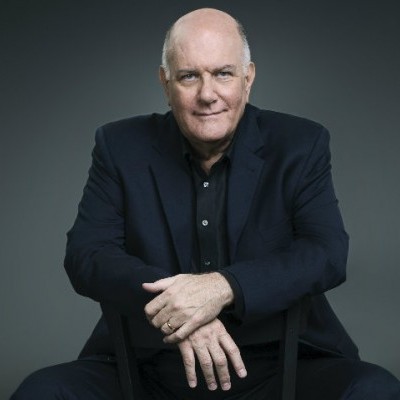
Jim McNeely’s singular body of work had a profound and lasting influence on many of today’s top jazz composers in the U.S. and in Europe.
Oct 7, 2025 3:40 PM
Pianist Jim McNeely, one of the most distinguished large ensemble jazz composers of his generation, died Sept. 26 at…
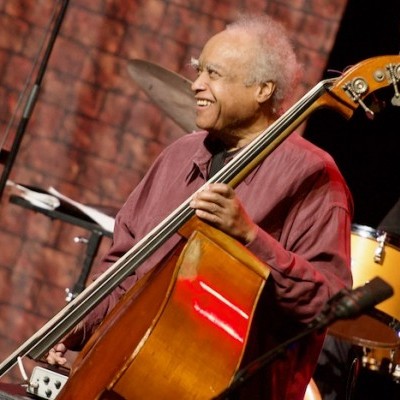
Drummond was cherished by generations of mainstream jazz listeners and bandleaders for his authoritative tonal presence, a defining quality of his style most apparent when he played his instrument unamplified.
Nov 4, 2025 11:39 AM
Ray Drummond, a first-call bassist who appeared on hundreds of albums as a sideman for some of the top names in jazz…
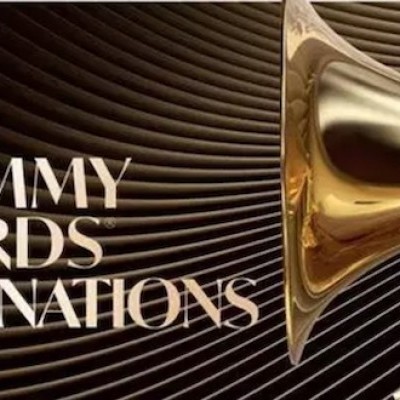
To see the complete list of nominations for the 2026 Grammy Awards, go to grammy.com.
Nov 11, 2025 12:35 PM
The nominations for the 2026 Grammy Awards are in, with plenty to smile about for the worlds of jazz, blues and beyond.…